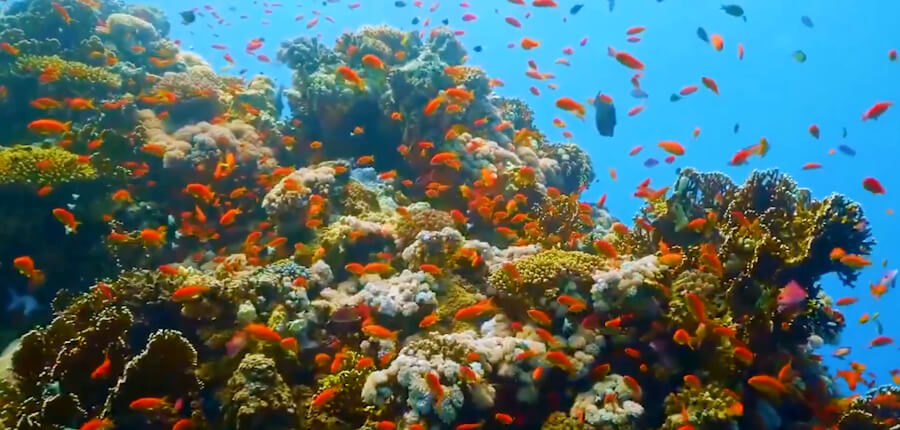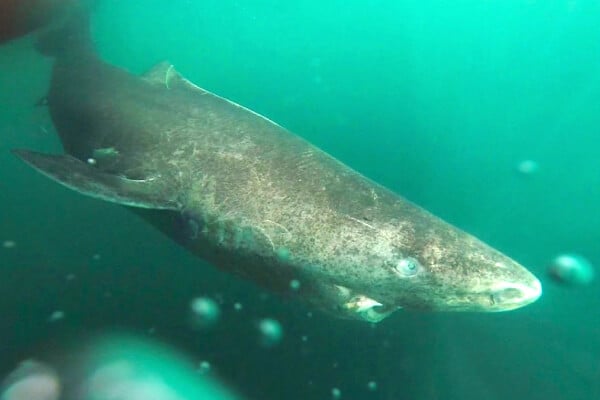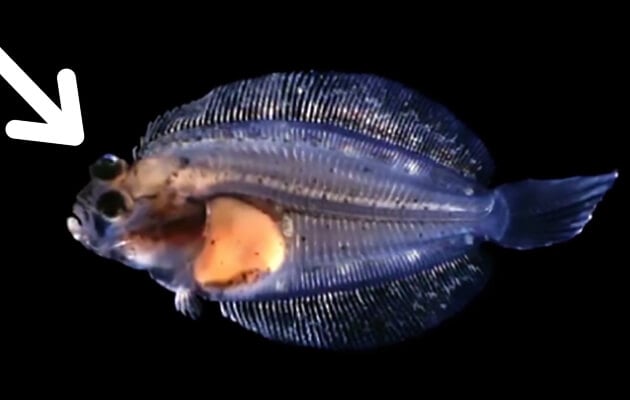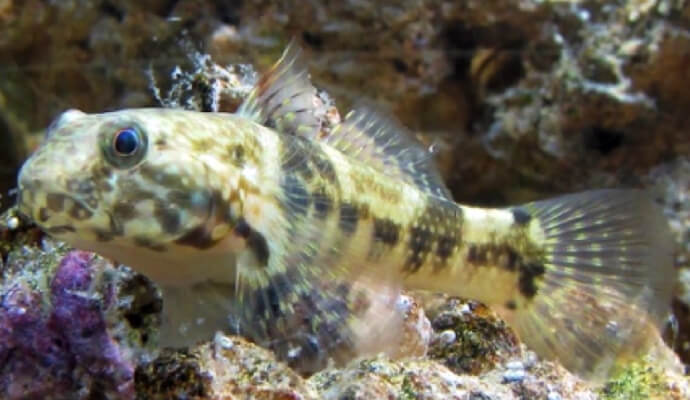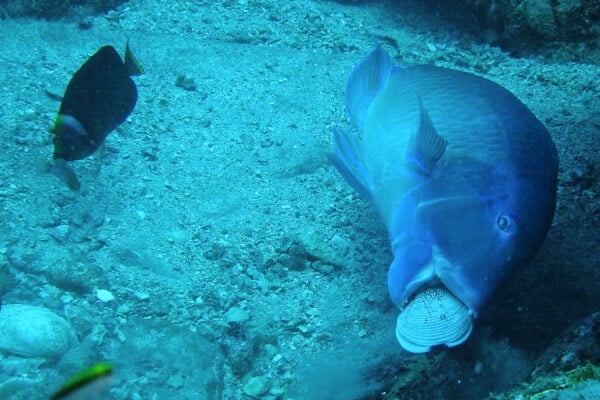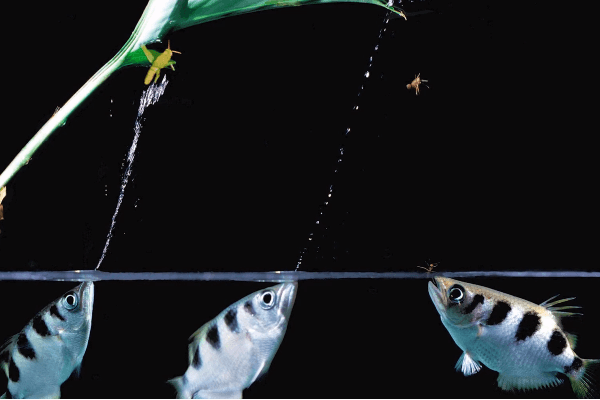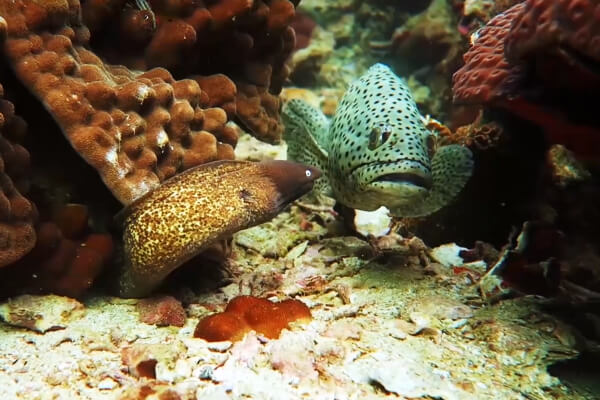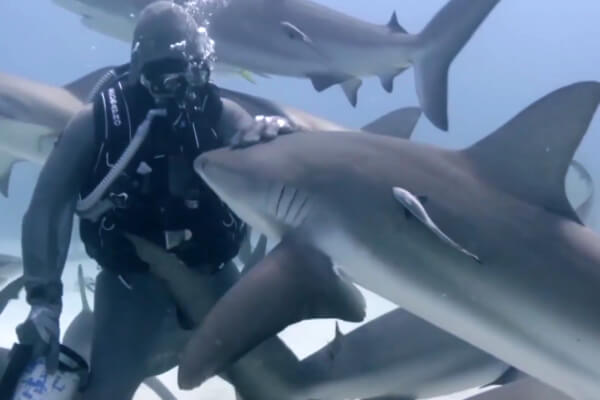Ocean animals are fascinating individuals with rich, full lives. Dr. Jonathan Balcombe, a noted biologist and author you may have seen in Seaspiracy, offered expert insights during PETA’s virtual animal rights conference into some of the world’s most underestimated animals.
Take Greenland sharks, for instance. They can live to be 400 years old—the oldest of all vertebrates—and they don’t reach puberty until the age of 135!
Or consider flounder, whom many people view as entrées or Disney characters. As these remarkable fish mature, one of their eyes migrates from one side of their body to the other.
Frillfin gobies are able to jump accurately from one tide pool to another to avoid or escape from predators. In order to know which direction to jump and how far to jump, they memorize their tide-pool areas at high tide, when they can swim through them. Studies show that they can learn the topography in one day and still remember it 40 days later!
And fish use tools as well as any handyperson! Many, like the tuskfish, have favorite rocks that they use to open shells.
Fish even demonstrate observational learning, which is regarded as a high-level cognitive skill. Young archerfishes hone their capturing skills by watching their elders squirt jets of water at insects. They can also recognize human faces!
A hungry grouper will invite an eel to go foraging with a shake of the head. The pair will then pursue prey together through the nooks and crannies of a reef, catching five times more fish than they do when hunting alone.
Studies show that when fish caress one another—as many do—their stress levels decrease. That probably explains why many will approach trusted divers to receive gentle strokes. A diving instructor who has befriended Caribbean reef sharks uses massage to help them relax before removing fishing hooks from their mouths.
Sharks, rays, pufferfish, dolphins, whales, and other species have been recorded asking divers to remove fishing nets or hooks for them.
As the intelligent, emotional individuals that they are, fish also appreciate beauty. Male pufferfish spend days constructing 6-foot-wide mandalas to impress females. If the female pufferfish likes his artistry, the couple will spawn in the mandala and then cover their eggs with shells and pebbles.
Fish aren’t sushi or water toys. They have emotions, personalities, and social networks. They plan, cooperate, deceive, communicate, and collaborate. Fish not only are alive but also have lives—lives that deserve our respect.
For more wow-worthy fish facts, check out Balcombe’s full presentation, along with many other interesting insights into the world of animals and animal rights with FREE, on-demand access to PETA’s virtual animal rights conference classes.
Want to do more to show your appreciation for fish? Why not create a square to include in PETA’s Fish Empathy Quilt?

